Business Litigation 101
We have many business clients who come to us facing business-related disputes and are unsure of where to even begin. After all, these are business professionals well versed in their business, not attorneys or lawsuits. We always start by walking our clients through the process but want to give all of our readers and followers some basic information on what litigation is.
Litigation is the process of resolving a dispute through a court case (or in some cases arbitration). But before we get there – let’s take a step back. Prior to instituting litigation, meaning filing a lawsuit, there are informal ways that a case can be resolved. Many cases are resolved through negotiations or mediation, saving our clients time and money. Taking a case to trial is typically, though not always, the last resort.
To institute litigation, a party files a lawsuit describing the dispute and the parties involved in the dispute. This begins the formal process that will ultimately bring a case to trial in a courtroom. Keep in mind, however, that just because a lawsuit is filed does not mean that the case cannot be resolved through mediation and negotiation. A lawsuit can be settled at any time if the parties agree.
Once litigation starts, the parties will engage in a process called discovery. This can be a lengthy and burdensome process because it requires the parties to answer written questions and provide documents, sometimes tremendous amounts of documents. In addition, the parties review the answers and documents provided by the other parties. There may also be depositions taken – this involves the lawyers questioning witnesses and parties prior to the court date. For a business professional, this process could include being questioned themselves but also reviewing the depositions of other witnesses and parties. While as attorneys, we handle all of the questioning and legal documentation, it’s imperative to have the support of the business professionals to ensure we have the full information needed to do our job.
After discovery, if the dispute has not been resolved by agreement, the case will go to trial. The specifics of the trial depend on the court, federal or state, and the location. While there are some standard rules, such as the rules of evidence, each courthouse and judge may have rules of their own. Typically, the case will start with each lawyer speaking with the judge and/or jury about the case. Then each party has the opportunity to question witnesses, both their own witness in support of their case, and opposing witnesses, and present evidence to the judge and/or jury.
After all, witnesses have been called and evidence presented, the attorneys end the case by speaking to the judge and/or jury about the case again, called the closing argument, which is intended to convince the decision maker to decide in their favor. The judge and/or jury then makes their decision and the trial concludes. Keep in mind, if you are unhappy with the result, there is an appeals process, but we’ll explain that at another time.
Essentially, the whole litigation process can be summed up as convincing a neutral decision maker that you are right and the dispute should be resolved in your favor. Because of the specifics above, it’s important to note that you need an attorney who is both well versed in your business but also in the court that the case will go to trial. Your attorney should understand the local rules of the courthouse and judge. If you think you’re facing a dispute that may need to go through the litigation process, give us a call. We’ll answer your questions and stand by your side each step of the way, ensuring you understand exactly what is happening and how to best position yourselves for a favorable result.
The post Business Litigation 101 appeared first on Bennett Legal Group, P.A..

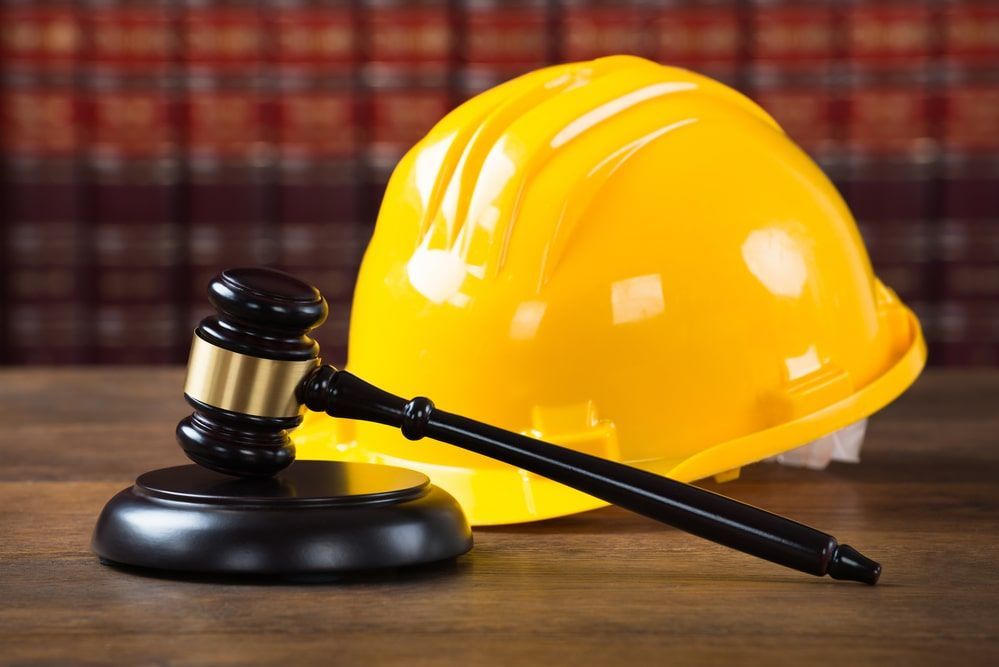
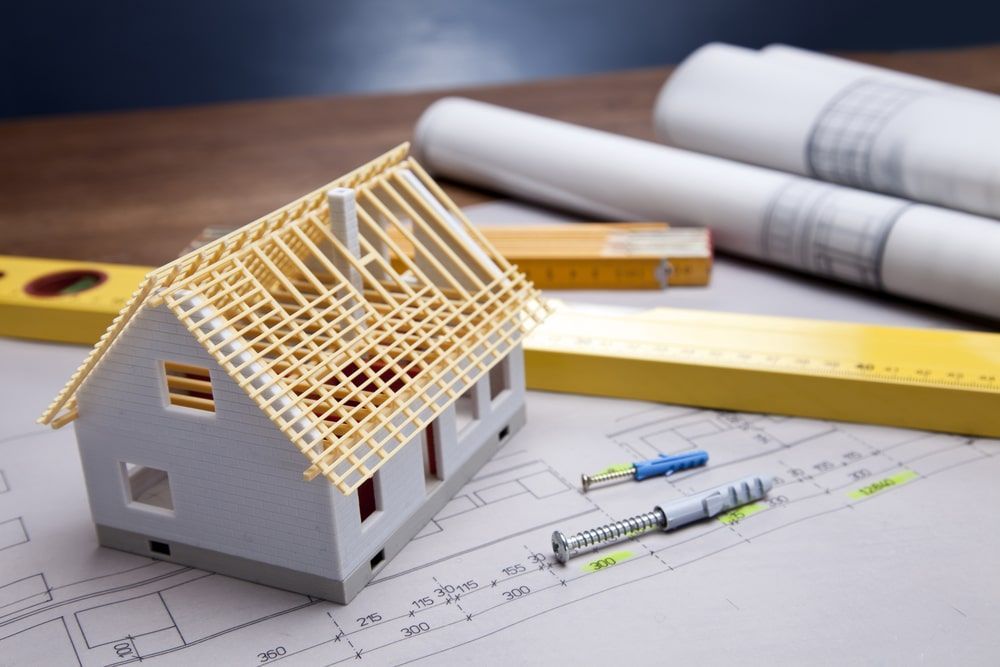

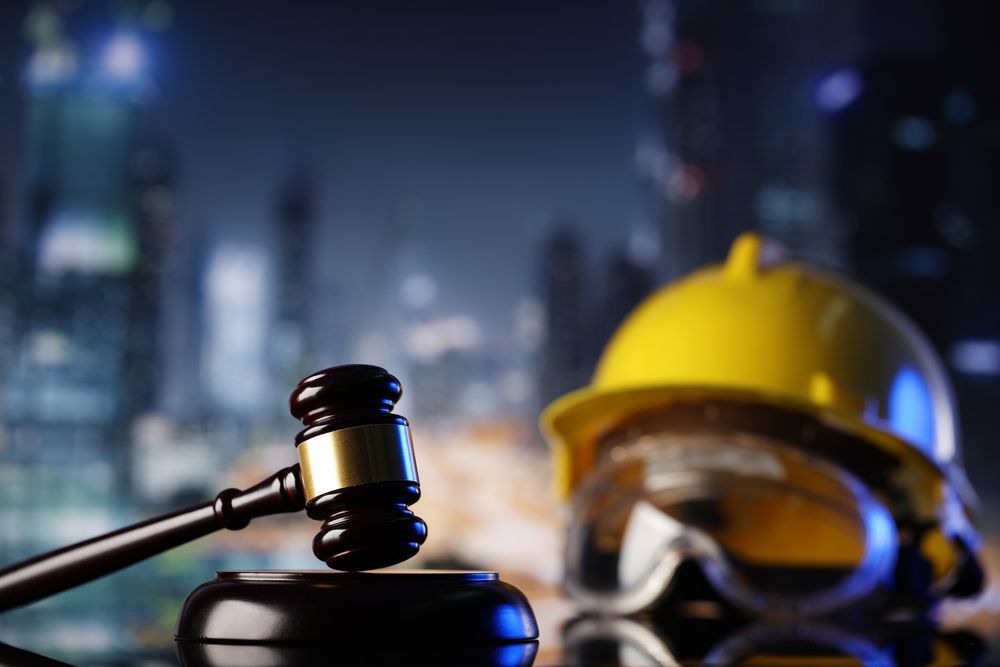
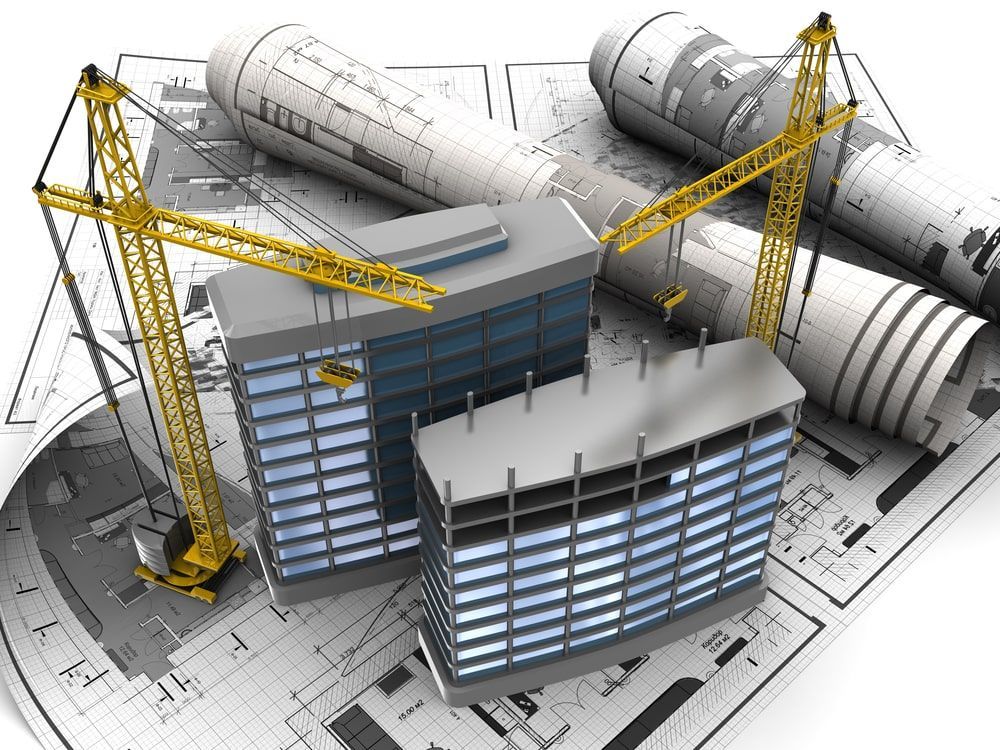


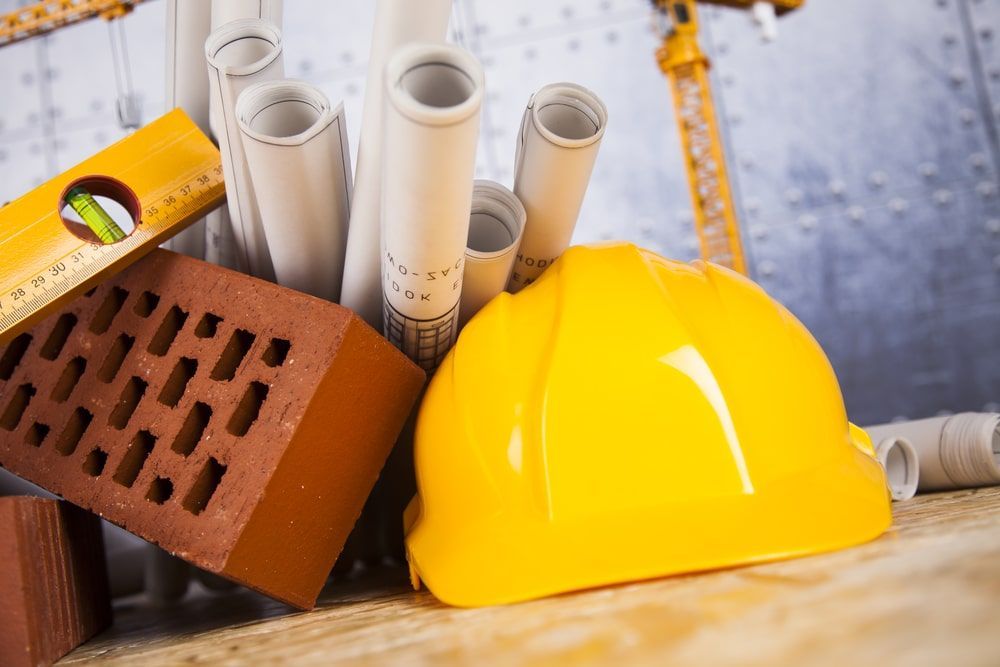

Our Office
850 Concourse Parkway South, Suite 100
Maitland, Florida 32751
Contact Us
We will get back to you as soon as possible.
Please try again later.
Privacy Policy | Terms of Use | Powered by Levitate







